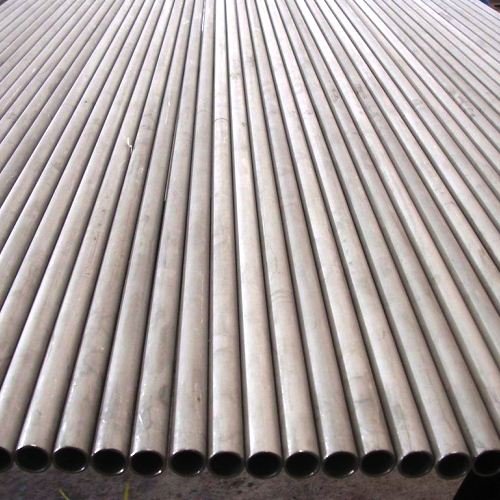Introduction:

In the ever-evolving industrial landscape, heat exchangers play a pivotal role in maintaining optimal temperature conditions for a wide range of processes. Their significance cannot be overstated, as they enable efficient heat transfer between two mediums, helping industries conserve energy, reduce costs, and enhance productivity. One highly effective type of heat exchanger is the air to water heat exchanger. In this blog, we will delve into the advantages, applications, and crucial considerations when sourcing air to water heat exchangers from reliable suppliers.
Understanding Air to Water Heat Exchangers:
Air to water heat exchangers are innovative devices designed to transfer heat from air into water, or vice versa. Utilizing the principle of conduction, these heat exchangers enable efficient thermal energy transfer by combining the properties of both mediums. By extracting heat from ambient air, they offer a reliable and cost-effective solution for heating water, making them an ideal choice for various industrial and commercial sectors.
Benefits of Air to Water Heat Exchangers:
1. Energy Efficiency:
Air to water heat exchangers are designed to maximize energy efficiency for heating and cooling applications. By utilizing the available ambient air, they significantly reduce energy consumption compared to other conventional methods. This increased energy efficiency translates into substantial savings in fuel costs and promotes environmental sustainability.
2. Versatility:
With their adaptability to diverse applications, air to water heat exchangers serve as a valuable asset across various industries. From industrial processes, HVAC systems, and manufacturing facilities to commercial buildings and even renewable energy sources, these heat exchangers provide effective temperature regulation.
3. Cost Savings:
By providing an energy-efficient system, air to water heat exchangers lead to cost savings in the long run. Reduced energy consumption means lower utility bills while maximizing operational efficiency. These cost-effective solutions make them an attractive choice for businesses looking to optimize their energy consumption and enhance profitability.
4. Durability and Reliability:
Suppliers who manufacture air to water heat exchangers with ASME certification ensure that the products meet stringent quality standards. This certification guarantees durability, reliability, and long-lasting performance, even under challenging conditions. Investing in ASME-certified heat exchangers ensures the highest level of quality and compliance with industry regulations.
Applications of Air to Water Heat Exchangers:
1. Industrial Processes:
Air to water heat exchangers find extensive use in various industrial processes, such as chemical manufacturing, power generation, oil and gas refining, and food processing. These applications demand precise temperature control, which can be easily achieved through the effective operation of air to water heat exchangers.
2. HVAC Systems:
Heating, ventilation, and air conditioning (HVAC) systems rely on efficient heat transfer to regulate temperature. Employing air to water heat exchangers as part of HVAC systems ensures optimal energy use and creates a comfortable environment for occupants. Additionally, it significantly reduces the environmental footprint of these systems.
3. Manufacturing Facilities:
In manufacturing facilities, air to water heat exchangers manage the heat generated by machinery, electronics, and equipment. By dissipating excess heat, they safeguard sensitive components and help prevent costly breakdowns or malfunctions. This improves overall equipment performance and prolongs its lifespan.
4. Renewable Energy:
Utilizing air to water heat exchangers in renewable energy systems, such as solar or geothermal power, optimizes energy conversion. These heat exchangers enable the transfer of captured energy to water for use within heating systems, significantly enhancing the overall efficiency of renewable energy processes.
Choosing Reliable Air to Water Heat Exchanger Suppliers:
To ensure the highest quality and performance of air to water heat exchangers, sourcing them from trusted suppliers is paramount. IQS Directory, a reputable online directory, offers an extensive list of industrial companies that provide custom heat exchanger systems. By selecting suppliers with ASME certification, you can be confident in their commitment to adhering to stringent manufacturing standards.
Conclusion:
As industries evolve, so must their methods of maintaining optimal temperature conditions. Air to water heat exchangers serve as a game-changing solution, offering energy-efficient performance, cost savings, and versatile applications. From industrial processes to renewable energy systems, their adaptability makes them indispensable across multiple sectors. By partnering with reputable suppliers, businesses can access high-quality air to water heat exchangers, assuring lasting performance and maximum efficiency. Embrace the benefits of these innovative heat exchangers and make intelligent choices for a sustainable future.
Keywords: air to water heat exchangers, heat exchanger supplier, energy efficiency, ASME certified, applications, cost savings, industrial processes, HVAC systems, manufacturing facilities, renewable energy, trusted suppliers.
